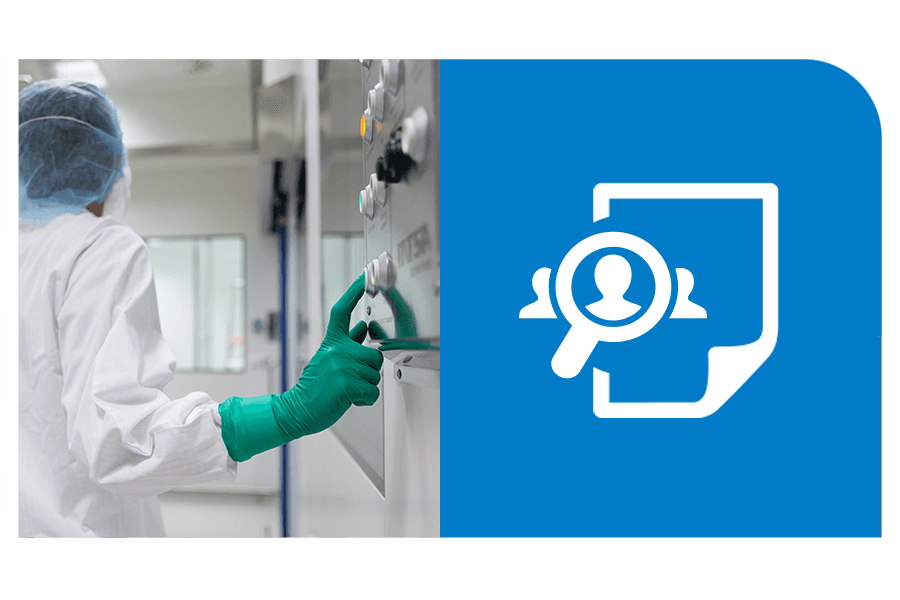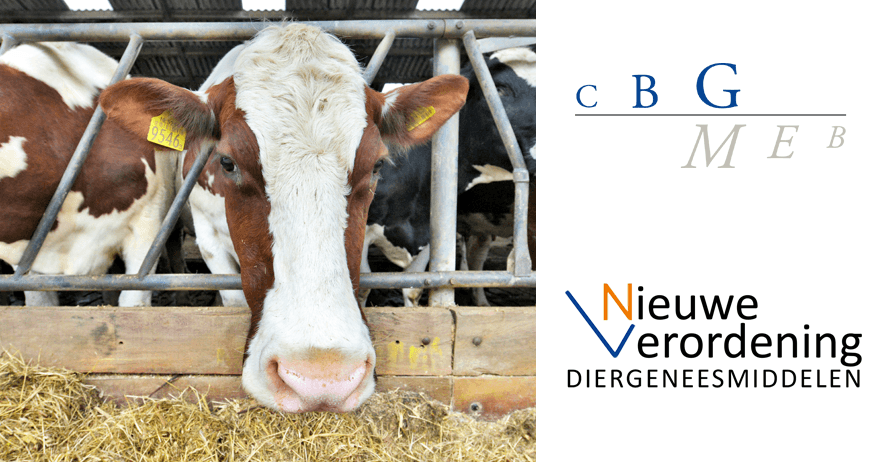The application for a manufacturer's licence, i.e. a licence for the manufacture of veterinary medicinal products, must be submitted to the Veterinary Medicinal Products Unit (VMPU). Use the application form for this purpose. Once the VMPU has taken up the application for a licence, advice is requested from the Health and Youth Care Inspectorate (IGJ). The IGJ advises the VMPU on the extent to which the GMP requirements for manufacturing veterinary medicinal products have been complied with.
A manufacturer’s licence is required for the following activities:
- to manufacture veterinary medicinal products even if intended only for export;
- to engage in any part of the process of manufacturing a veterinary medicinal product or of bringing a veterinary medicinal product to its final state, including engagement in the processing, assembling, packaging and repackaging, labelling and relabelling, storing, sterilising, testing or releasing it for supply as part of that process; or
- to import veterinary medicinal products.
The manufacturing requirements are laid down in, among others:
- Regulation (EU) 2019/6 – Article 93;
- the Guidelines for Good Manufacturing Practice of medicinal products for human and veterinary use.
In the production of veterinary or human medicinal products, good manufacturing practices (GMP) are essential.
Good Manufacturing Practice (GMP)
Good Manufacturing Practice (GMP) is a quality assurance system for the pharmaceutical industry. The quality of a veterinary medicinal product can only be assured with a carefully defined and controlled production process.
Veterinary medicinal products must therefore always be produced and checked in accordance with:
- the quality regulations for the application in question; and
- the requirements for the marketing authorisation.
The principles of GMP are set out in legislation and in the Guidelines for Good Manufacturing Practice (EU Directive 1991/412/EC).
Volume 4 of the Rules governing medicinal products in the European Union, Good manufacturing practice (GMP) Guidelines, includes a manual for applying the GMP guidelines and principles.
Certificate of Suitability to the monographs of the European Pharmacopoeia
Manufacturers of starting materials that comply with the GMP guidelines can request a ‘Certificate of Suitability to the monographs of the European Pharmacopoeia’. Additional requirements apply.
The European Directorate for the Quality of Medicines & Healthcare (EDQM) issues Certificates of Suitability to the monographs of the European Pharmacopoeia (CEPs) to manufacturers of starting materials. A CEP is a confirmation that the pharmaceutical substance or active ingredient has been produced in accordance with the quality regulations for the preparation of medicinal products.
The EDQM’s inspectors investigate whether manufacturers comply with GMP and whether their production processes are in line with the approved CEP dossier. Inspectors from Member States of the European Union and the European Economic Area (EU/EEA) also contribute to this inspection process.
The Certification Database on the EDQM website shows whether a CEP is valid. The EDQM can suspend or withdraw a CEP for the following reasons, among others:
- Inspection of the manufacturer of the starting material shows that the manufacturer is not complying with GMP or CEP requirements.
- The manufacturer of the starting material refuses to allow the inspection.
- On request by the manufacturer of a starting material:
- if they are temporarily unable to produce in accordance with the approved CEP dossier;
- if production is stopped, the factory is closed or the CEP is no longer applicable.
The Veterinary Medicinal Products Unit will endeavour to remove manufacturers with a suspended or withdrawn CEP from the marketing authorisation dossiers. Depending on the type of marketing authorisation, the Veterinary Medicinal Products Unit will seek coordination at the European level.
When is the IGJ the designated inspection authority?
The IGJ is designated as the inspection authority if the manufacturer and/or importer is located in the Netherlands. If the release manufacturer is established in the Netherlands and the manufacturer of the final product is located outside the European Union, the IGJ is still the designated authority to carry out the inspection of the manufacturer of finished product outside the EEA.
Are multiple release countries listed in the dossier? In that case, the European Medicines Agency (EMA) will appoint a so-called Supervisory Authority, which is responsible for supervision outside the EEA.
OMS
An organisation must have registered with the Organisation Management Service (OMS) database of the European Medicines Agency (EMA). If not, the Veterinary Medicinal Products Unit cannot process the manufacturing licence or certificate (MIA/GMP), the wholesale licence (WDA) or the registration for the veterinary starting materials register in the European database (EudraGMDP). An organisation that is not registered with the OMS will not be visible in the European database for manufacturers, importers and wholesale suppliers (EudraGMDP).
More information about OMS can be found on the OMS page.
News

VMPU to start publication of GMP inspections
Starting this year, the Veterinary Medicinal Products Unit (VMPU) will publish the reports of veterinary GMP inspections. The ...
Read more
Changes to application forms and invitation to participate in the Veterinary Medicines Information Database survey
The new Veterinary Medicinal Products Regulation came into force on 28 January 2022. Among many other consequences, this ...
Read more